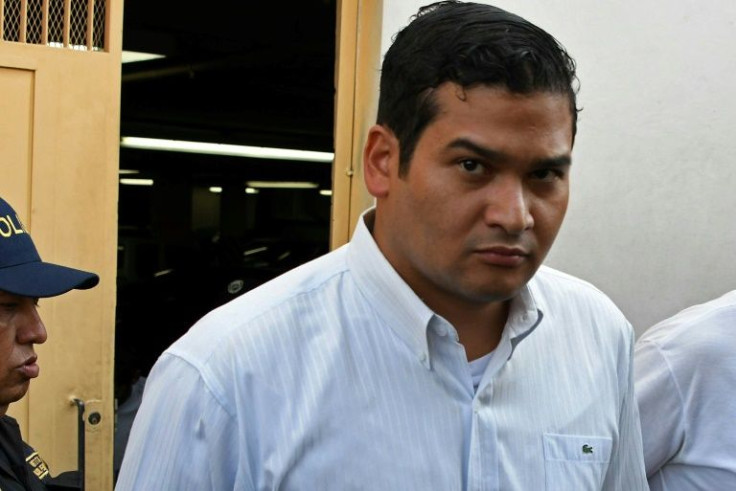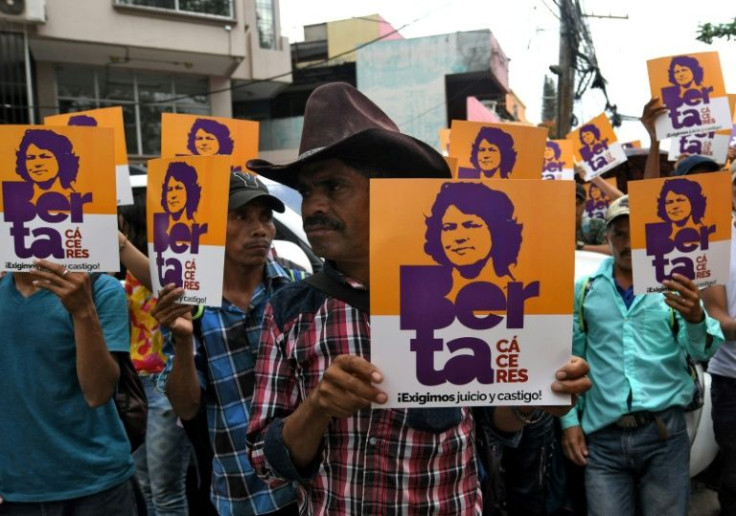Honduran Hydroelectric Executive Jailed For Environmentalist Murder
A senior executive of a hydroelectric dam in Honduras was handed a prison sentence of more than 22 years on Monday for his role in the 2016 murder of renowned environmentalist Berta Caceres.
A judge last July had ruled that Roberto David Castillo, a former member of the armed forces who graduated from the West Point military academy in New York, was the "co-perpetrator of the crime of murder."
The victim, Berta Caceres, was a fervent opponent of Desarrollos Energeticos S.A. (DESA), which had developed a project in Indigenous territories in Honduras.

Castillo was the executive president of DESA, and evidence presented against him -- including phone recordings -- showed that he "participated directly" in the crime, according to a statement from the Supreme Court of Justice (CSJ) announcing his sentence of 22 years and 6 months in prison.
Castillo's defense has 20 days to appeal the ruling.
During the trial, the court heard that Caceres was killed due to her opposition to DESA's building of a hydroelectric plant on the Gualcarque river.

She was the coordinator of the COPINH group of Indigenous organizations and in 2015 won the prestigious Goldman Environmental Prize.
Less than a year later, on March 2, 2016, she was shot and killed by men who entered her home in the western village of La Esperanza.
In 2018, two DESA officials and a former military officer were sentenced to 30 years in prison as "co-perpetrators" to Caceres's murder.
The four hitmen each received 50 years.
Caceres's family and the COPINH leadership want more people punished, though, including the partners in DESA, made up of influential banking families.
"This is not easy but we are continuing the fight, collecting evidence to be able to bring them to trial because they are already people of economic and political power," Roberto Caceres, the brother of the murdered environmentalist, told AFP.
© Copyright AFP {{Year}}. All rights reserved.





















